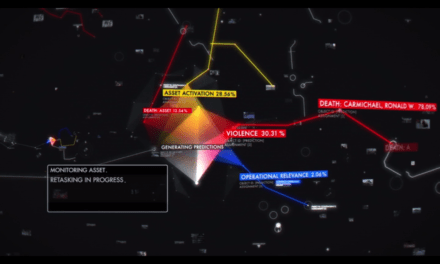Whatever happened to consensus? In the wake of World War II, the United States came to occupy what many proponents of American exceptionalism have long asserted to be a unique place in modern world history. Official and quotidian versions of postwar American self-understanding became dominated by narratives of a nation dedicated to such liberal values as “freedom” and “justice,” both at home and abroad. With the cultural and legislative strides made by radical social movements of the 1960s and 70s, however, this narrative began to unravel. In light of this, American identity has since found itself in a state of persistent ambiguity. But what if this ambiguity was already present at America’s founding? What if this crisis of identity is to be located in the ambiguities of the Enlightenment itself, but has only recently become perceptible? What can we see when we look closely at the ambiguous image that is America?
The 12th annual Graduate Conference hosted by the Graduate School of North American Studies at the Freie Universität Berlin will explore the interdisciplinarity of American ambiguities and consider their relevance across numerous fields of research. How are ambiguous ideals of American freedom simultaneously modes of exclusion for certain groups? What effects have these ambiguities had on policy-making and public discourse? How have they been depicted through old and new literary and visual forms?
As an interdisciplinary institution, the Graduate School welcomes abstracts for individual 20-minute presentations from cultural studies, economics, history, literature, political science, and sociology, as well as other related fields of research. We especially encourage graduate students (MA & PhD) and early career scholars to apply. We hope to read proposals ranging in period from the colonial era to the present. Talks may explore, but are by no means limited to, the concept of ambiguity in the following contexts:
- formations of identity politics
- the rise of (science) skepticism and political echo chambers
- the crisis of journalism in a “post-truth” society
- attitudes towards social solidarity
- judicial and constitutional interpretation
- the aesthetics of ambiguity in American literature, film, visual and popular culture
- the revival of socialist economic models
- the inheritance of the Enlightenment and theories of liberal consensus
Abstracts should be limited to 300 words and include the author’s name, email address, institutional affiliation (if applicable), discipline, and a biography of no more than 100 words. The deadline is January 31st, 2019. The conference committee will confirm the receipt of abstracts via email and will notify selected participants by the end of March.
The Call for Papers is also available as PDF.
Further information available at: https://gsnasconference2019.com/





